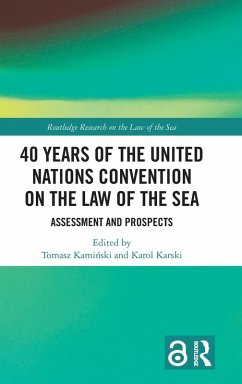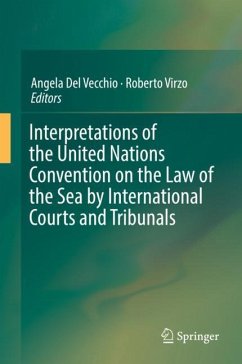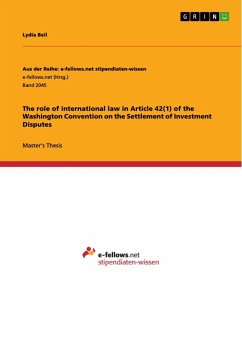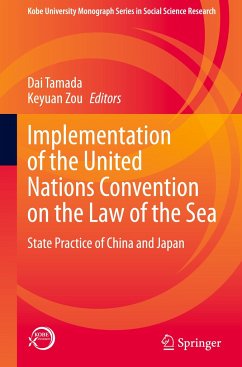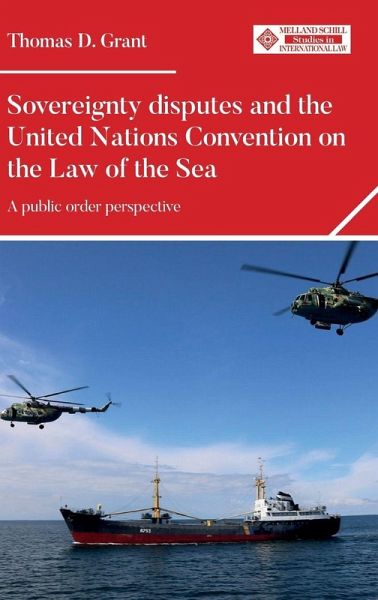
Sovereignty Disputes and the United Nations Convention on the Law of the Sea
A Public Order Perspective
Versandkostenfrei!
Erscheint vorauss. 6. Januar 2026
111,99 €
inkl. MwSt.

PAYBACK Punkte
56 °P sammeln!
Adjudicators have struggled, not all successfully, with one of the persistent puzzles that the UN Convention on the Law of the Sea presents - the limits to dispute settlement jurisdiction in respect of sovereignty disputes. This book argues for an approach that better accords than decided cases so far with the text, judicial method, and public order.



